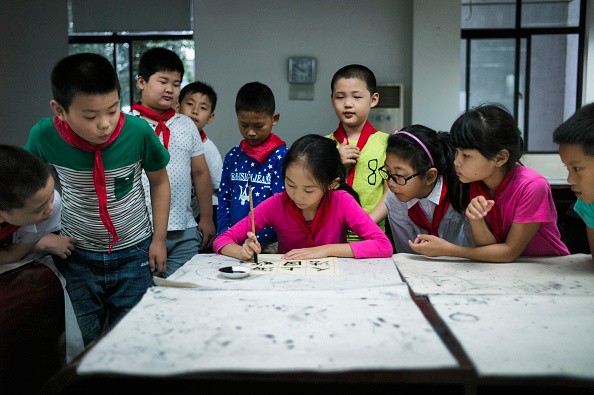Xiong (not his real name) had spent 12 million yuan ($1.75 million) just to purchase a 39-square-meter apartment in downtown Beijing. He is one of many parents who are willing to spend large amounts just to get their child a decent education in the city.
Xiong and his family have their sights on the Hongmiao Primary School, one of a series of local elite schools prominently known by students and parents.
According to a report by China.org, house prices in the district have significantly increased over the past years.
However, the skyrocketing price of houses has failed to discourage potential buyers, as parents continue to buy extremely expensive houses in order to get their children to top schools.
The Economic Observer posits that the desire to acquire premium education for children is behind the massive increase in house prices
Random allocation and resistance to price drops
The Economic Observer report also states that there are two main reasons why house prices in Beijing’s school districts continue to soar.
First, the price increase is a result of a computer-generated allocation system that randomly distributes students to the nearest schools to their homes.
Observers note that this approach has contributed to the very large market of school districts in Beijing. In addition, the number of school-aged children has had an average increase of 20,000 per year.
Second, homes in elite school districts are considerably stable, with stiff resistance to price drops.
For Chu Zhaohui, a researcher from the National Institute of Education Sciences, the increase in prices of homes can be attributed to a number of reasons, including business speculation and unbalanced educational resources.
"According to some educational statistics, a person's success is 62 percent determined by congenital factors and only 30 percent by acquired factors,” says Chu as he explains people’s lack of understanding on the importance of capability over elite schools.



























